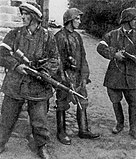
The president of Poland, officially the president of the Republic of Poland, is the head of state of the Republic of Poland. Their rights and obligations are determined in the Constitution of Poland. The president jointly partakes in the executive branch with the parliamentary Polish government. In addition, the president has a limited right to dissolve parliament, can veto legislation, represents Poland in the international arena, and is ceremonially the commander-in-chief.

Żegota was the Polish Council to Aid Jews with the Government Delegation for Poland, an underground Polish resistance organization, and part of the Polish Underground State, active 1942–45 in German-occupied Poland. Żegota was the successor institution to the Provisional Committee to Aid Jews and was established specifically to save Jews. Poland was the only country in German-occupied Europe where such a government-established and -supported underground organization existed.

The Polish Workers' Party was a communist party in Poland from 1942 to 1948. It was founded as a reconstitution of the Communist Party of Poland (KPP) and merged with the Polish Socialist Party (PPS) in 1948 to form the Polish United Workers' Party (PZPR). From the end of World War II the PPR led Poland, with the Soviet Union exercising moderate influence. During the PPR years, the centers of opposition activity were largely diminished, and a socialist system was established in the country.
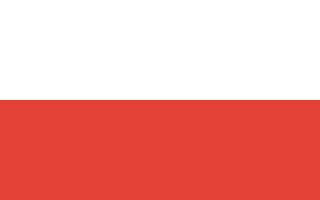
The Polish government-in-exile, officially known as the Government of the Republic of Poland in exile, was the government in exile of Poland formed in the aftermath of the Invasion of Poland of September 1939, and the subsequent occupation of Poland by Germany, the Soviet Union, and the Slovak Republic, which brought to an end the Second Polish Republic.
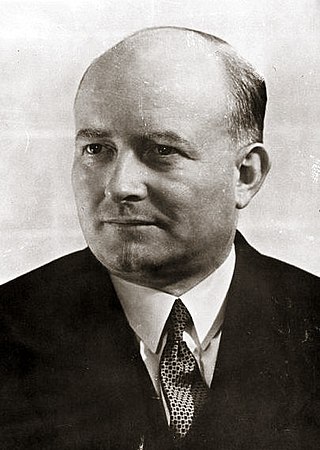
Stanisław Mikołajczyk was a Polish politician. He was a prime minister of the Polish government-in-exile during World War II, and later Deputy Prime Minister in post-war Poland until 1947.
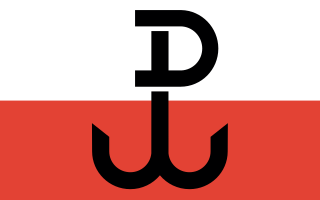
The Polish Underground State[a] was a single political and military entity formed by the union of resistance organizations in occupied Poland that were loyal to the Government of the Republic of Poland in exile in London. The first elements of the Underground State were established in the final days of the German and Soviet invasion of Poland, in late September 1939. The Underground State was perceived by supporters as a legal continuation of the pre-war Republic of Poland that waged an armed struggle against the country's occupying powers: Nazi Germany and the Soviet Union. The Underground State encompassed not only military resistance, one of the largest in the world,[b] but also civilian structures, such as justice, education, culture and social services.

The Government Delegation for Poland was an agency of the Polish Government in Exile during World War II. It was the highest authority of the Polish Secret State in occupied Poland and was headed by the Government Delegate for Poland, a de facto deputy Polish Prime Minister.
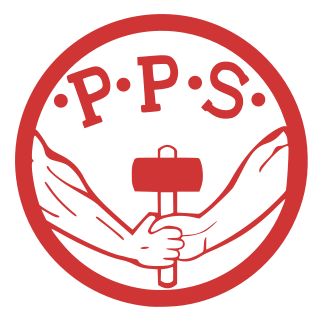
The Polish Socialist Party is a socialist political party in Poland.

The Union of Armed Struggle, also translated as the Union for Armed Struggle, Association of Armed Struggle, and Association for Armed Struggle, was an underground army formed in Poland following its invasion in September 1939 by Germany and the Soviet Union that opened World War II. It existed from 13 November 1939 until 14 February 1942, when it was renamed into Home Army.

The Polish Committee of National Liberation, also known as the Lublin Committee, was an executive governing authority established by the Soviet-backed communists in Poland at the later stage of World War II. It was officially proclaimed on 22 July 1944 in Chełm, installed on 26 July in Lublin and placed formally under the direction of the State National Council. The PKWN was a provisional entity functioning in opposition to the London-based Polish government-in-exile, which was recognized by the Western allies.[a] The PKWN exercised control over Polish territory retaken from Nazi Germany by the Soviet Red Army and the Polish People's Army. It was sponsored and controlled by the Soviet Union and dominated by Polish communists.

Krajowa Rada Narodowa in Polish was a parliament-like political body created during the later stages of World War II in German-occupied Warsaw, Poland. It was intended as a communist-controlled center of authority, challenging organs of the Polish Underground State. The existence of the KRN was later accepted by the Soviet Union and the council became to a large extent subjugated and controlled by the Soviets.

The Provisional Government of the Republic of Poland was created by the State National Council on the night of 31 December 1944.

The Provisional Government of National Unity was a puppet government formed by the decree of the State National Council on 28 June 1945 as a result of reshuffling the Soviet-backed Provisional Government of the Republic of Poland established by the Polish Workers' Party through inclusion of politicians from the close political sphere of Stanisław Mikołajczyk, the former prime minister of the Polish government-in-exile based in London. Inclusion of the latter group provided an excuse for the Western allies to approve tacitly the fait accompli of Poland becoming part of the Soviet sphere of influence, and to legitimise the Warsaw government while withdrawing their recognition of the Polish government-in-exile.

The Allied leaders of World War II listed below comprise the important political and military figures who fought for or supported the Allies during World War II. Engaged in total war, they had to adapt to new types of modern warfare, on the military, psychological and economic fronts.

Operation Antyk, also known as Department R, was a complex of counter-propaganda activities of Polish resistance movement organisation Home Army, directed against pro-Soviet and pro-communist circles in Polish society, mostly members of the Polish Workers' Party. The operation was initiated by Office Antyk of the Home Army’s Bureau of Information and Propaganda. Begun in November 1943, it was directed by Tadeusz Żenczykowski.
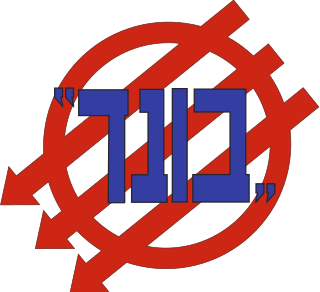
The General Jewish Labour Bund in Poland was a Jewish socialist party in Poland which promoted the political, cultural and social autonomy of Jewish workers, sought to combat antisemitism and was generally opposed to Zionism.
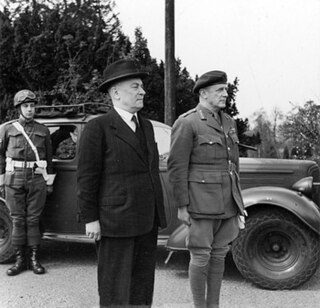
The Belgian Government in London, also known as the Pierlot IV Government, was the government in exile of Belgium between October 1940 and September 1944 during World War II. The government was tripartite, involving ministers from the Catholic, Liberal and Labour Parties. After the invasion of Belgium by Nazi Germany in May 1940, the Belgian government, under Prime Minister Hubert Pierlot, fled first to Bordeaux in France and then to London, where it established itself as the only legitimate representation of Belgium to the Allies.
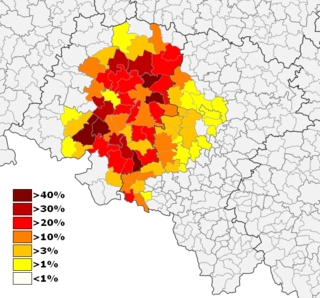
The German Minority Electoral Committee is an electoral committee in Poland which represents the German minority. Since 2008, its representative has been Ryszard Galla. In the 2023 Polish parliamentary election, Galla lost his seat in the Sejm, leaving the party with no national representation.
